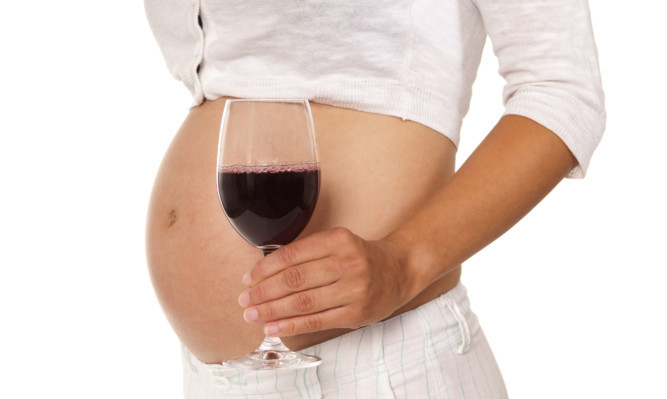The rest of the UK has followed Scotland’s lead in taking a “precautionary approach” to drinking when pregnant by advising mothers-to-be it is safest not to have any alcohol.
Scotland’s Chief Medical Officer (CMO) Dr Catherine Calderwood said she was “pleased” by the move.
Previously, Scotland was the only country in the UK to advise women that there is no safe amount of alcohol that can be drunk during pregnancy and that the best approach for expectant mothers is not to drink at all.
But new UK guidance on alcohol means this approach will now be adopted across the country.
The UK’s chief medical officers are now advising that no level of regular drinking is without risks to health.
The new guidance on alcohol, which sweeps away recommendations made in 1995, takes account of evidence on the increased risk of developing cancer from drinking as well as the harm from binge-drinking.
Both men and women should try to consume no more than 14 units of alcohol per week – a drop from the previous guidance of 21 units for men.
People are also being advised to have several booze-free days a week and not to “save up” their 14 units for a binge-drinking session.
For drinkers who consume up to 14 units a week, the new advice says people should spread this across three days or more.
The chief medical officers suggest people should limit the total amount of alcohol they drink on any occasion, should also drink more slowly, consume alcohol with food and alternate alcohol with water.
The new guidance also says evidence that alcohol – such as red wine – is beneficial for health “is considered less strong than it was”. Only women aged 55 and over may benefit from the protective effect of drinking on heart health, the research suggests.
Dr Calderwood said: “I’m pleased to join with the other CMOs to give this updated advice on how to keep the risks from drinking alcohol at a low level.
“Our understanding of the adverse effects alcohol can have on health has developed significantly in recent years. Every drink adds up and over time can lead to serious health problems such as breast cancer, high blood pressure, stroke and chronic liver disease.
“If men and women limit their intake to no more than 14 units a week, it keeps the risk of developing these conditions low.”
She added: “I’m also pleased that the other UK nations have followed Scotland’s precautionary approach in advising women that it is safest not to drink at all during pregnancy, meaning we have harmonised advice to mums-to-be across the UK.
“Although the risk of harm to the baby is low if they have drunk small amounts of alcohol before becoming aware of the pregnancy, there is no ‘safe’ level of alcohol to drink when pregnant.”
